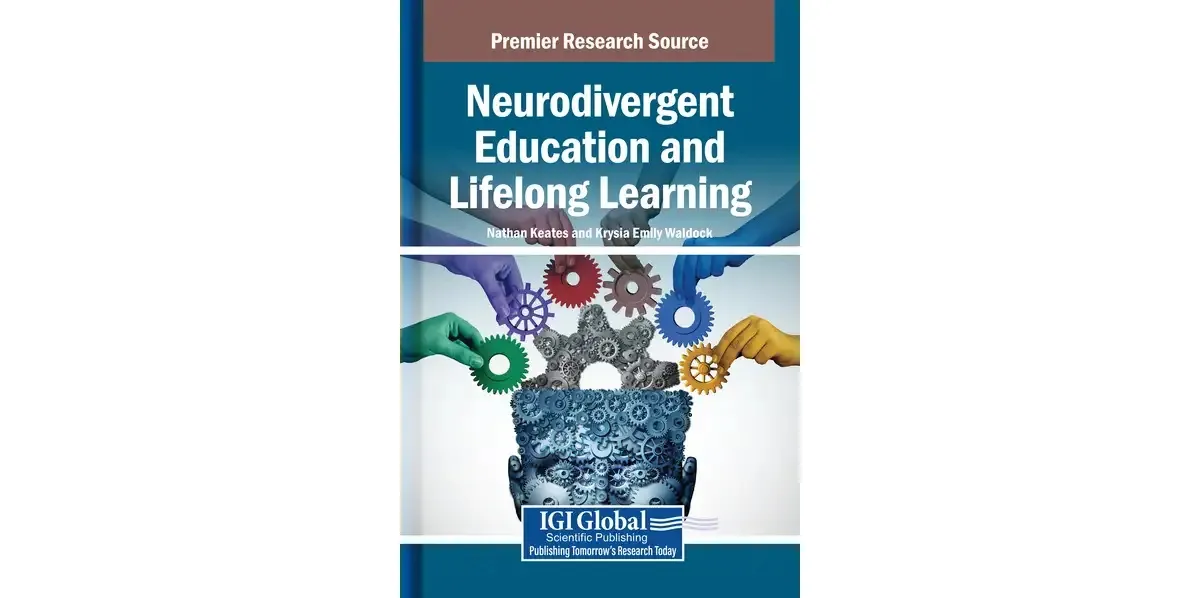When the Researcher is Also the Researched: The Autistic Advantage in Autism Studies

When the Researcher is Also the Researched: The Autistic Advantage in Autism Studies
I came across a kind of book today I never thought I would see published — the sort of work I had quietly hoped for but doubted would make it through academic gatekeeping. It doesn’t dilute itself to appease neurotypical norms, nor does it hide the author’s autistic perspective under layers of “objectivity.”
The Autistic Advantage as a Researcher in Autism — Esther Whitney, Neurodivergent Education and Lifelong Learning (IGI Global, 2026) — refuses the idea that autism research should be designed, led and interpreted from the outside. Whitney draws on her own lived autistic experience to frame what academia often calls “bias” as a methodological strength. She describes approaching her work from the perspective of someone who has been the subject of research herself, using that insight to shape more collaborative and respectful studies. The question she raises is how to build research that not only studies autistic people but works with them on their own terms.
What’s here
A participatory stance built on fluency in autistic communication and the ability to spot when rigid methods shut people out. Whitney’s emphasis on under-represented autistic voices challenges the field’s habit of losing them in one-size-fits-all designs. She explores how personal experiences and knowledge of autism can support the development of a collaborative research approach that truly hears those voices.
Where the frame slips
Conventional autism research treats distance as objectivity — a distance that often means exclusion. Lived experience is treated as contamination, not calibration. Whitney pushes back, arguing that closeness to the community allows for better questions and more accurate answers.
How the harm works
Methodology built for neurotypical norms silences autistic participants before they’ve spoken. It’s exclusion under the banner of rigor, keeping control with institutions that claim inclusivity.
Why the method matters
From recruitment to consent to data collection, Whitney calls for creative and personalised approaches that meet sensory needs, respect communication differences and allow for more open-ended engagement. Flexibility isn’t a flaw; it’s the condition for honest data.
Questions worth asking
What if the real bias was excluding lived experience? How much of the field’s evidence is an artifact of forcing autistic people into alien frames? And if being autistic were recognised as a methodological credential, how much of the current structure would remain standing?
The autistic advantage isn’t insider access or token identity. It’s designing research autistic people can see themselves in. If the field still thinks objectivity means standing outside the room, Whitney’s work is the reminder: the clearest view comes from sitting inside it.
A note on courage
Whitney’s stance is not without risk. Speaking openly as an autistic academic still invites bias, dismissal or career penalty in many research environments. That she does so while challenging entrenched methods is an act of quiet but formidable bravery. It is the kind of strength that does not posture, yet shifts the ground beneath a field. Readers who value this unapologetic, participatory approach should support her work — not only to amplify her voice but to help push autism research toward a future where autistic expertise is treated as indispensable.
Whitney's book can be previewed and purchased on IGI Global.